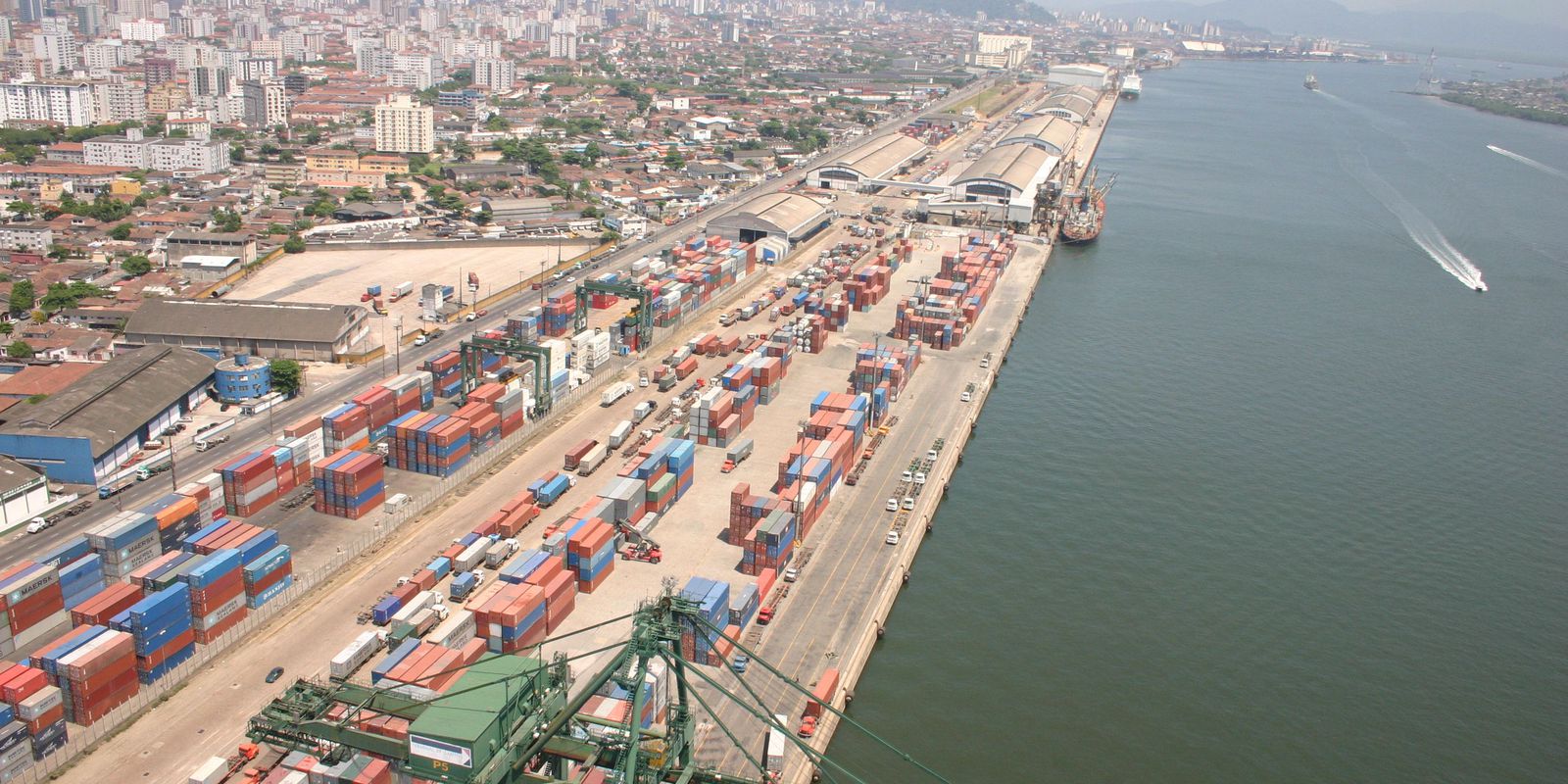The fear caused by covid-19 has changed many of people’s habits. Among them, there was an increase in the purchase of foreign products via the Internet, which have port terminals as a gateway to the Brazilian market. A report released today (28) by the National Waterway Transport Agency (Antaq) showed some of the impacts caused by the pandemic on maritime transport.
According to the agency’s director, Flávia Takafashi, at the beginning of the pandemic, the Brazilian maritime transport infrastructure “did not feel a direct impact”. She, however, adds that, over time, “the cost of freight increased and there was a lack of empty containers for loading and rolling of cargo in Brazilian ports”,
This, according to her, caused a “ripple effect for other charges and services, such as, for example, the increase in demurrage of containers”. The survey also mentioned, among the impacts observed, congestion at terminals and the so-called omissions of scale – a situation in which the company that owns the ship decides to unload the goods at a different port terminal than planned.
The report, produced by a working group created by Antaq in 2021, shows that one of the first reflexes to be noticed was the congestion of trucks at the accesses to the ports.
“There was also a queue for ships; accumulation of loads in the yards due to the closure of operations; delays in boarding and alighting; lack of manpower; and omissions of call, which were the ship’s schedule for a particular port being canceled due to the impacts of the pandemic”, explained Takafashi.
World problem
According to the general director of Antaq, Eduardo Nery, “the problem was worldwide, but Brazil was affected, perhaps, even less than other countries”. Antaq’s expectation, when producing the report, was to identify possible needs for regulatory reform in the sector, in order to mitigate the negative impacts caused by the pandemic.
In the assessment of the director-general, the findings of the survey were already expected. “The problems [citados pelo relatório] were already on the news. This survey gathered information that was already brought to us, but it gathered technical evidence that materialized the perceptions that we already had”, he said, informing that Antaq already has sufficient regulatory measures to face the problems described in the report.
scale omission
Nery, however, did not rule out the possibility of, in the case of omissions of scale, developing “a more refined regulation”, in order to reduce the lack of predictability of this type of situation. “This data is much more present from the users’ point of view [empresas que fazem uso de estruturas e serviços portuários]. Is not [uma questão] competitive. But if provoked, we will assess and take the necessary measures.”
He recalled that the survey was carried out at a “critical moment, with the effects of the pandemic still present”, and that, therefore, these numbers should not be considered to establish “possible restrictions” for specific cases.
The Antaq report clarifies that, “to a certain extent, stopovers are known as a common and necessary phenomenon for the maintenance of the window schedules of a certain navigation route”.
He adds that, although common, omissions “have experienced significant increases in recent years as a result of the lockdown policies implemented by several countries in response to the emergence of the pandemic; the increase in demand; and structural issues that affected container logistics”.
Port productivity
Citing surveys produced by foreign entities, comparing data from the first half of 2019 with the first and second half of 2021, Flávia Takafashi said that there was a drop in the average productivity of port terminals in many countries.
“As there was an increase in demand and a decrease in the number of ships, ships started to stay longer in ports, generating a decrease in operational efficiency worldwide. Brazil ended up following this decrease in efficiency at the terminals,” she said.
“But it is worth noting that this decrease in efficiency does not mean that the ports were operating inefficiently. In Brazil, all ports work with a very high level of efficiency. Our terminals are indeed very efficient,” she added.

















